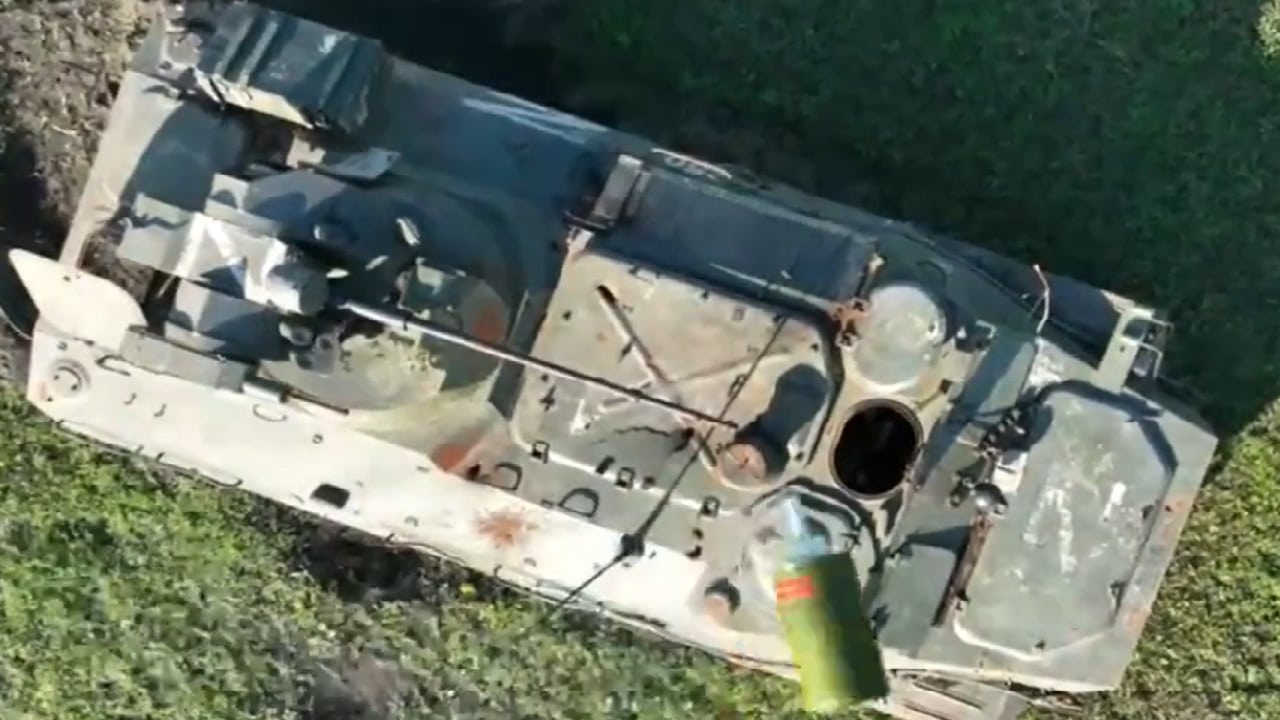The Russian military has suffered horrible losses in Ukraine.
More than 16 months into the war, Moscow has lost more than 200,000 troops and tens of thousands of heavy weapon systems.
However, notwithstanding these losses, the Kremlin has the money to bankroll its “Special Military Operation” despite the heavy sanctions imposed by the West.
Total War Mode for Ukraine
Lately, the tone of the public debate within Russia has shifted from ostracizing and punishing anyone who criticizes the President Vladimir Putin’s “Special Military Operation” in Ukraine to requiring Russian citizens to actively support the war effort with personal sacrifices.
Several Russian state-backed media and business groups have petitioned the Russian Economic Ministry to greenlight a six-day week for workers to meet the economic demands of the war; the extra day would be without additional pay.
For example, last weekend, Margarita Simonyan, a leading Kremlin propagandist, argued that Russian citizens should work for two extra hours in munitions factories every day after they have finished their regular jobs.
“The evolving tone of the conversations clearly echoes a Soviet-style sense of societal compulsion,” the British Military Intelligence assessed in its latest estimate of the war.
These are the first signals that the Russian society is getting ready for total war or at least a more general mobilization of society.
“It also highlights how the leadership highly likely identifies economic performance as a decisive factor in winning the war,” the British Military Intelligence added.
Western Sanctions and Russia
The sanctions imposed by the West in the wake of the invasion have taken a toll on the Russian economy. Most, if not all, Russian companies are reporting smaller profits compared to the years before the war.
The Kremlin, moreover, is facing a $45 billion deficit in its budget, a direct result of the war.
However, the Western sanctions haven’t delivered the full intended impact. The West’s economic war against Moscow intended to cut the country from everything besides humanitarian goods, such as medicines.
Although gas and oil exports to the European Union fell, the Kremlin balanced any losses by increasing its exports to third countries that weren’t ready to jump on the Western sanctions bandwagon. China and India, in particular, have used the conditions created by the war to buy oil and gas from Russia at a discount; in exchange, Moscow gets much-needed cash.
As a result, the Kremlin has an abundance of cash despite the Western sanctions. But that doesn’t mean that the Russian forces benefit directly from that.
For example, Western sanctions have restricted the Russian military and its operations. For example, Russian ballistic and cruise missiles and drones run largely on microchips produced in the West. Without a steady supply of these small but critical technological components, the Russian defense and aerospace industry can’t produce the necessary munitions to meet the vast war demands of the Russian Ministry of Defense.
At the end of the day, the Kremlin can swim in money, but it is the troops and weapon systems on the ground that largely decide who wins and who loses.
FROM 19FortyFive: The War in Ukraine Is About to Explode
FROM 19FortyFive: Does Putin Have Cancer?

